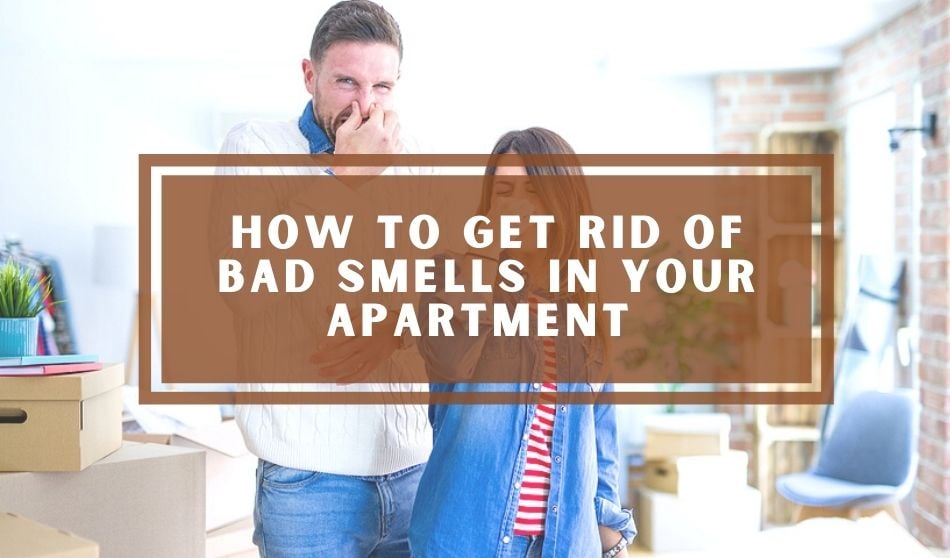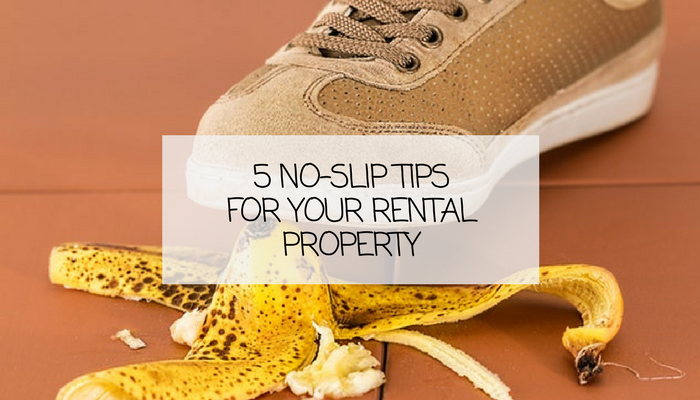
Moving into a new apartment can be an exciting prospect, but to put it simply, finding that your new rental has a foul odor– stinks. Whether your new place is musty, stale, has pet odors, or even smells like fresh paint, an overpowering odor can be less than welcoming.
If you were eager to move into your new place but your nose was not met with a warm welcome, there are some things you can try. Here are the tips you can try to get rid of odors so that your rental will smell fresh and feel like home.
Follow the Steps to Try the Simple Odor Removal Techniques First
Not all foul odors in the home require a strenuous removal plan. Simple techniques can be very effective without requiring a lot of investment or making you break a sweat. Try these techniques before moving on to the next step.
Step One: Air Out Your Apartment or Home
Sometimes the simplest solution is actually the best one. Airing out your apartment or home and allowing fresh air to circulate can do wonders. This is especially true In the case of stale smells or mild chemical smells from fresh paint or industrial cleaners. Landlords or maintenance crews may have made repairs and closed up the property waiting for the next renter; simply getting some fresh air inside may be all that your new space needs to allow the odors to diffuse in this case.
Step Two: Try Household Odor Solutions
Storebought odor solutions can be surprisingly effective if used correctly. To address musty smells or pet odors in the carpet you can deodorize your apartment with baking soda. Hard surfaces can be cleaned with a baking soda paste or a vinegar solution to remove odor-causing particles. A solution of water, dish soap, and vinegar can be particularly effective on walls that may have residual odors from spicy foods or smoke.
Special Note: How to Get Rid of Dog Smell or Pet Smell
If the bad smell in your home seems to be caused by pet urine, deodorizing your apartment may be more difficult. If you would like to attempt to remove the pet urine smell yourself, you will need a few extra tools. Carpet is notoriously the culprit when it comes to pet urine smells; use a blacklight to identify where the main urine spots may be located. After you have identified the pet stain, you can use an enzyme-based carpet cleaner to spot treat the area. Be sure to test the cleaner in a very small and inconspicuous area. You don’t want to risk losing your security deposit because you caused a worse problem by bleaching or staining the carpet.
Step Three: Address Stubborn Foul Odors in Your Apartment in Conjunction With Your Landlord
Truly stubborn bad smells in your apartment can be indicative of a larger problem. If the scent is continually foul and household cleaners aren’t doing the trick, you will need to bring up the issue with your landlord or property manager to see what solutions are available. Stubborn pet odors or strong spicy foods can often require a substantial amount of effort to remove. A cleaning crew may need to address the rental. Filters and carpeting may need to be removed or replaced. If you live in a single-family rental, you may consider asking your landlord to purchase a home carpet cleaner so you can immediately address the smell and ensure that you are able to annually deep clean the rental during your tenancy.
Unfortunately, while foul odors caused by pets or foods can be unpleasant, they are not usually a health risk and your property manager or landlord may wish for you to split the costs or cover the costs of additional cleaning if you are unhappy with the living situation. However, there are some instances where a bad smell in your home or apartment may indicate a health risk.
Special Note: How to Get Rid of Smoke Smells
If your rental smells heavily of cigarette smoke, you may need to work in conjunction with your property manager or landlord to ensure that the odor was safely addressed. While a light scent of cigarette smoke may be simply unpleasant, strong scents could have adverse health effects. Studies have shown that new occupants to a home formerly smoked in may face risk due to thirdhand smoke.
There are a few tricks to getting rid of smoke smells in a home. To effectively tackle the smoke smell in a rental, your landlord may need to consider replacing or removing soft furnishings such as miniblinds, carpet, or draperies. Request that ducts be cleaned and change your HVAC filters. If the walls were not previously cleaned and repainted ask if this can be done by you or a maintenance crew member. To further reduce smells, ask that an odor-removing solvent be added to the paint.
No one likes living in a smelly rental, but thankfully most foul odors can be addressed with a little elbow grease, some helpful cleaning supplies, or a few open windows. These helpful tricks can even be useful down the road to prevent smelly odors for the next tenant when you begin cleaning and are ready to move out.






Good to know these tips. Thank you for sharing!
By the way, did you know that your AC can also be a source of foul odor in your home? It may happen if the unit is not properly ventilated and the coils are dirty. Another possible reason is that mold or mildew is growing inside the unit. Once you fix it, the musty smell will go away.
Great advice! Thank you for sharing these added tips with us.
That’s a very good article with some working tips – thanks! I only want to add that very often, odors signal serious problems in a home. And the source of the problem is not always obvious. For example, if you smell fish with no fish in sight, you could have an overheating electrical component somewhere. The smell of sulfur or rotten eggs is also never a good sign. You either have some old eggs sitting around from a couple of Easters ago, or you have a serious gas leak or electrical problem.
Glad you liked the article and thank you for sharing your insights.
Thanks for sharing this. if you want to eliminate unpleasant smells in your home, consider installing carbon filters in your HVAC system. Made of activated carbon, also called activated charcoal, carbon air filters can help trap odors caused by pets, cooking, and mildew. They also capture airborne particles such as dust, pet dander, and pollen.